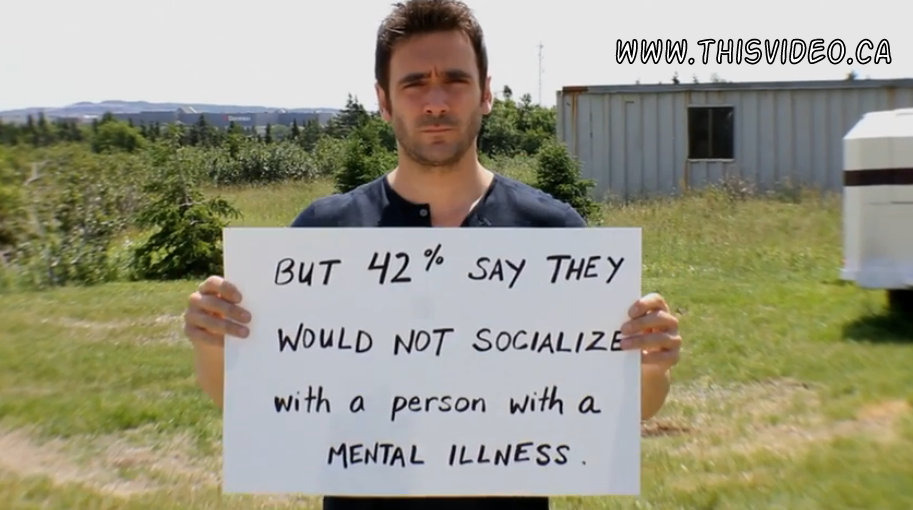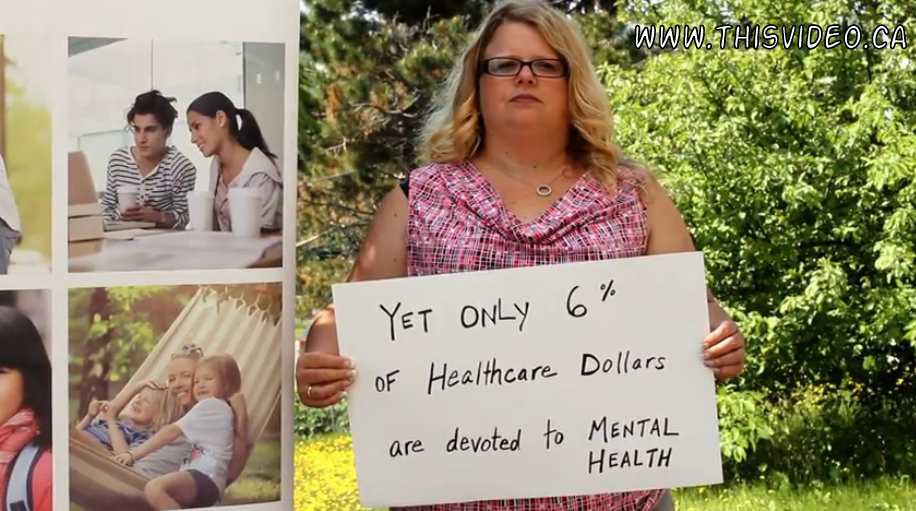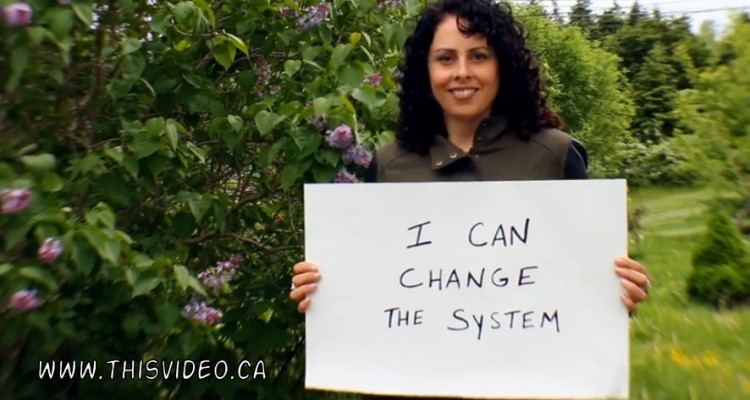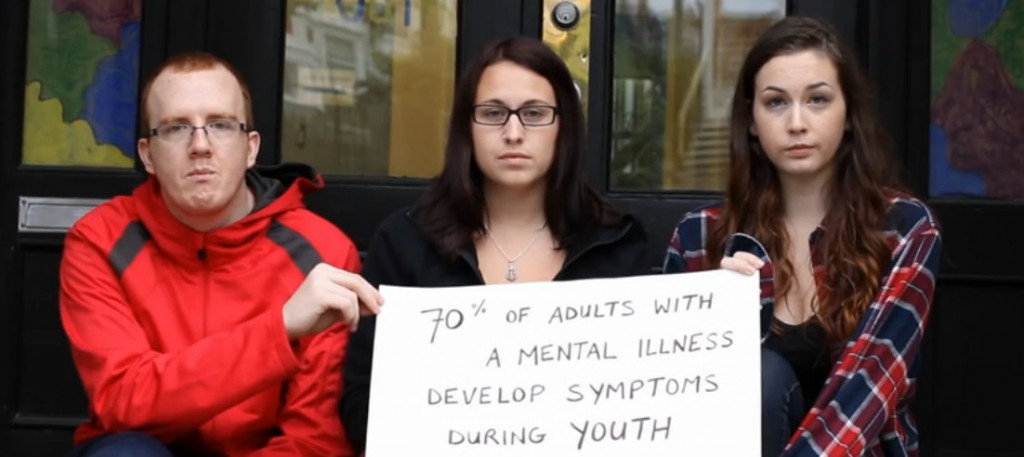This post is part of a community initiative in honor of a friend who recently lost his son. You can read his story here. We are seeking to educate and open the dialogue so that people who suffer from mental illness, depression, may have access to the help they need. So that families have more resources to help. So that youth have access to the resources they need to get help. I also find it is an important campaign for surviving victims of suicide – so they may also have resources and support.
The collection of articles as part of this campaign may be found via the hashtag #notalone. I invite you to share your story under the same hashtag, and share our posts so that we may raise awareness. Together we can change things.
There is a system, there is stigma, there is judgement – but there is also responsibility. 
What is this word “Depression”
One of the outstanding issues in understanding depression and its impact is predominantly in how society uses the term. Depression holds a stigma and a false binary: the term can be used lightly to describe one’s feelings about a situation or to classify as a mental illness. With this dichotomy in the term’s usage, people take the word lightly and moreover exclude the harsh realities of what depression entails. “What’s wrong?” “I’m depressed”
Depression may stem from several factors. It can can be:
- circumstantial;
- chronic;
- induced by the use of substances (prescribed, un-prescribed or illegal);
- based on a chemical imbalance in the brain;
- some forms of depression have even been found to be hereditary- in those cases there is absolutely nothing you can do to stop it – you can only figure out ways to live around it.
Don’t Assume You Understand – there is nothing more alienating than hearing someone say they understand, when they don’t. The person themselves hardly understands – it’s just a frustrating and horrible place to be. Most individuals are not equipped to assess these situations, much less resolve the problem for someone who feels this.
You have to get to the root of the problem.
Because we do not know the root of the depression, we can not expect to be able to “fix it” – some depression is “fixable” and some is not…
Depression is unpredictable and complex. In some cases people encounter extreme lows and highs (due to mental health issues such as personality disorders, or hormonal imbalances or possibly other medical conditions), in other cases the depression is so deep that the highs don’t come, and the person may simply feel a constant state of despair or listlessness. Every single case is different, and if I can accomplish nothing else with this post, what I would like to do is convince you that you are not alone, that there are many, many people who either suffer from some form of depression due to any of the above reasons, or deal with it in their lives and that it is only through reaching out and working to identify the issues that friends and family members can understand, make a difference and come to peace with parts of it.
 Consider also the stigma surrounding depression and mental illness. Often people hide these things from the people who care about them, they are afraid to be judged. As people in society we don’t walk around telling people everything that is wrong in our families or with ourselves, yet sadly when terrible things happen, we realize how many people really cared. Maybe this is what has to change. The stigma around depression has to stop – because it is wrong, because it in itself hurts us as a society. The only way to accomplish anything is to get support and start talking. How will we do this? I think the first step is to realize no two cases are alike.
Consider also the stigma surrounding depression and mental illness. Often people hide these things from the people who care about them, they are afraid to be judged. As people in society we don’t walk around telling people everything that is wrong in our families or with ourselves, yet sadly when terrible things happen, we realize how many people really cared. Maybe this is what has to change. The stigma around depression has to stop – because it is wrong, because it in itself hurts us as a society. The only way to accomplish anything is to get support and start talking. How will we do this? I think the first step is to realize no two cases are alike.
When depression wins : Suicide.
Just as people do with depression, people lump suicide into one big category. “They killed themselves” – However it is important to realize that suicides happen in many different ways.
Can you prevent suicide?
In order to know the answer to that, you would first have to understand what led to the suicide. Depression is not a sufficient answer. Suicides happen in many different ways; Sometimes they happen as the result of a long drawn out depression – a simple exhaustion from living. They may happen as a result of drastic and impulsive actions – very unpredictable, and perhaps in itself unstoppable – unless you would have identified the medical issues before hand or the predisposition to the drastic and erratic behaviors… Sometimes they are calls for help – and I think this is the one most people hang onto…the one that leads most left behind by suicide to think: ” I should have been there…I should have known…I should have listened…how could I let this happen?” What I find tragic is that often people hear about a case like this and think, why didn’t they do something… I think we need to understand the different reasons suicides happen, and realize it take larger awareness and access to proper care – the individuals in a person’s life cannot always be responsible. They need help too. Sometimes the work that would be needed once someone has reached this point is not just people saying they care, the issues are much greater.
Not every suicide is proceeded by the call for help.
The only way to prevent suicide is getting help, and hoping that the case can turn around. Some people have one attempt – some people have several – some people – perhaps try for an “attempt” and without even realizing it, end up succeeding in ending their life – when they may have only intended to get help. We may never know or understand. I am not depressive, for years I heard about suicides and couldn’t understand how these things could happen. Then, in the past several years I have experienced several very different cases, and this is what really made me realize, sometimes there is nothing that could have been done. Sometimes the situation progressed so far, it was too late. Sometimes, no one even knew…things just end up where they were. All we can do is try and move forward and make sense of it and try to open the dialogue to help others who may be heading down the same path – never give up.
We need to change something. Why do people only care when they lose someone to suicide? – words from the person who lost their uncle in the story below.
What should we do as a community, and in our lives?

What can you do?
- Make it okay for people to talk about these struggles.
- Do not be judgmental
- Do not expect that you can save the day and suddenly solve everyone’s problems.
- Make this a community issue, not an individual issue.
- Help the person find help – sometimes this might mean actually lobbying in your community to get funding for help and non-profits who will be there.
[su_box title=”4 Stories of Suicide – There is no one fix. This is an individual disease”] .
“We must be good to each other, love each other, listen to each other…take care of each other…” – Tom Mortier, in reflecting upon the loss of his mother.
[cbtabs][cbtab title=”A Mother”] This forms part of a project I have worked on, probably a most horrifying type of suicide because it is doctor enabled…and how I became familiar with this type of case “being tired of life”. I am sharing here because it speaks to the problem, and really proves for me that this issue is so widespread that a government, a society has taken a stance in helping suicide… I do not agree with this stance, but this story is extremely touching, and perhaps it supports this idea of being “tired of life” as a true problem, one deeper than we realize, and one that we can address… In Belgium, depression is recognized as a medical condition (as it should be) BUT unfortunately those with depression can actually choose to be euthanized. One very sad case is the one shared by Tom Mortier in the video below. He spoke up about depression and in particular euthanasia being used as a treatment for depression in Belgium when he received a shocking phone call that his mother had died. His words and the pain and anger you see in this video speak for themselves. This is why I share this here. His mother was tired of living, so she decided to end her life. This is a controversial story, however it is more and more common in the “forward thinking” places in the world… There doctors can do it, here, people take it upon themselves. How does a person get to that point, how do you stop them? Tom shares a very beautiful concept that has always touched me,
“We must be good to each other, love each other, listen to each other…take care of each other…”
Perhaps this is a case where there were signs, I don’t know. All I know is that this is a case with great regret. One where the right help never found it’s way to her, and it is incredibly sad. [/cbtab][cbtab title=”A friend”]After battling with mild yet chronic depression, this person was prescribed a drug to help. They didn’t like the way they felt when they took it, and so after a while, they decided to get off the drug, as directed by a doctor very gradually. However the drug itself had the potential to create suicidal thoughts in people who would not normally be suicidal. One day in the middle of an argument the person suddenly got up and ran out the doorway and jumped out over the balcony. The balcony was 8 floors high. Somehow, by some miracle they managed to hold on a couple of floors down. They survived. Following this, they were hospitalized for a day or two, and eventually through many tough years it was shown that it may have been the effects of the drug that caused the suicidal tendency. Nonetheless, it was impulsive, it was not planned, and it never happened again after that because this act forced them to start to talk to others about what happened, the person is well now and quite happy. Yet, that was almost a suicide.[/cbtab] [cbtab title=”An Uncle”] This was another situation which touched very close to home. I can not tell you the level of devastation that comes when you did try everything, when you did try and get help, when you did everything you could. This was not my uncle, but an uncle to someone dear to me, and I can tell you this person spent days. months, years trying to help, being there, listening, nursing the person back to health after failed attempts, and being there every moment…However, there were drugs involved, there were issues, a long history of pain and at the end of the day, repeated suicide attempts that only escalated each time. I can not say the attempts were “cries for help”, at least not the type of cries a normal individual or family member could have dealt with. There was no lack of love or attention. Looking back, it would seem it was psychosis and fierce determination to leave this world. The people around him did everything they could, and in this case perhaps it needed more intervention from professionals, I do not know. [/cbtab] [cbtab title=”An unhappy man”]This final case was more of the stereotypical situation that people think about when they feel there is more they could have done, because in fact it was the failed attempt, and a short stay in the hospital, that alerted the people around this young man to get help. There were no drugs involved, this was just a case where the person had fallen off the path- if you will. They felt isolated, couldn’t seem to feel happy anymore. They chose to end their life, but were saved, and with counseling and time, the person returned to a normal state of life. It’s been many years since that attempt, they formed stronger friendships because of it – built a good love, eventually got married and had children. Things are good. This was an positive outcome where community came together and helped this person get back on track. A good story.[/cbtab][/cbtabs][/su_box]
What can you do if you’re feeling down, disconnected or just having a hard time?
Speak to a professional. Reach out to a community group where you may even meet others who are facing similar circumstances. If you can, ask a friend to help. This professional can be a social worker, a help line, a college counselor, a community organization. If you don’t know what organizations are available try and contact United Way, and ask them if they have any organizations in your area to help. They have an extensive directory of services they support that are local. Family doctors are trained to listen and provide resources, they may be able to help you find help as well. You are not alone. By going to a professional, they will point you in the right direction. I am not a doctor, I am not a psychologist, I am human just like you. Whether it is you who feels this way, or whether it is someone you love, the number one thing to do seek help to try and find out what is wrong. Depression can be a symptom of other things. Tell them how you feel or what you are going through, and if you don’t like what they tell you, or you don’t agree with them, see another doctor. Get a second opinion. They will help you get the help you need either for yourself or the person you are concerned about. You have rights and options just like anyone else. Raise awareness by supporting organizations that do grassroots work in your community to help people when they are in need. In honor of Lucas Fiorella, we are supporting Kids Help Phone, if you’d like to get involved OR make a donation, you can do so here.
Suicide as a result of violence, bullying and other situations facing our youth.
I would also like to draw attention to a wonderful organization called Leave Out The Violence. (LOVE) They provide support and programs in Canada and the US. Check out their work and support them, you have no idea how they touch our world in helping so many people who are victims of violence and preventing the cycle from continuing. Scroll through this Storify to see some of the other posts in this series, some of them beautifully written first hand accounts, and help us start the change.


Leave a Reply